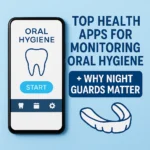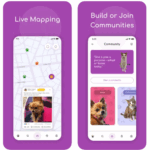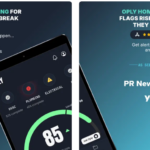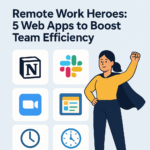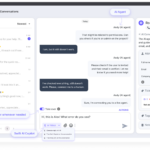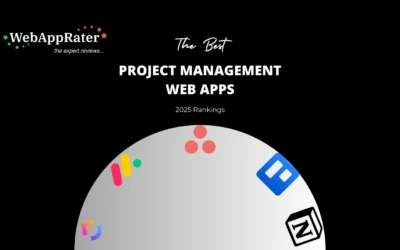Improving website engagement should be at the forefront of every webmaster’s priority list. But what is website engagement, exactly? And why is it a must-have? In layman’s terms, website engagement refers to how a visitor engages with a page’s content. In the majority of cases, there is a high correlation between the amount of revenue a website has and their engagement rate.
Understanding engagement metrics is a good place to start as you learn more about engagement. Of course, the amount of time someone spends on your site and the bounce rate play a role in helping you gauge the current status of your site, but there are deeper metrics that provide even more insight. Engagement time and engaged page views per visit detail how long a visitor stay engaged during a session and the amount of quality pageviews taking place.
Website engagement is necessary for lead generation, but not all websites are engaging enough to keep visitors on the page. Here’s what you can do to change that:
Gamification
Gamification refers to adding game-like elements to non-game contexts. This is so beneficial to user engagement because it actively keeps the visitor actively involved. According to a study conducted by Hubspot in 2014, 70% of big brands had plans to incorporate gamification into their marketing. And there are plenty of ways you can do this.
For example, there are several WordPress plugins that allow users to “spin” a wheel to win free prizes, discounts, or e-books. Before a user can spin the wheel, they’ll have to provide their email or other type of contact info, thus adding the visitor into the lead pipeline. Online quizzes are also rising in popularity and bring a gaming dynamic to the most basic of pages and content. And lastly, loyalty programs incorporate gaming elements by offering “badges” and “award” statuses as participants and spend and share. Use these as a foundation to add fun elements to your current strategy.
Website Speed
Believe it or not, your website speed plays an important role in how long site visitors remain on your page. Each second your page takes to load, you lose visitors. You can use free online tools like Google’s Mobile Friendly Test or GTMetrix to see if your site is up to current speed standards. Both tools will analyze your speed and inform you of fixes that can be made to speed up your page load times.
You might need to upgrade your hosting plan if you use a handful of high-resolution images or have been experiencing heavier traffic with growth. And lastly, if you don’t already have a mobile responsive site, this should be your number one priority: with the majority of searches coming from mobile devices, you cannot afford to lose out on a piece of that traffic.
Simplify Your Navigation
When a user reaches your site, they should be able to find everything they need within a few seconds. Your navigation is key. Overloading your top navigation could easily confuse visitors. Instead, put low-traffic pages (like “Public Relations”) at the footer and reserve your top navigation for core pages. Always link the logo to your homepage, and use simple language relevant to your industry. For example, you wouldn’t use the term “Articles” to cover “Blog Posts.”
Create Targeted Webpages
Today, it’s easier than ever to create personalized pages dedicated to specific segments of your market. For example, you could send people who click on your paid display ads to one webpage while sending people who click on your Instagram sponsored posts to a different webpage. Both web pages could be versions of your homepage, but tailored to the traffic source. And as it turns out, the single homepage is dying out.
A study from Marketing Charts found that homepage personalization was the second most popular personalized marketing tactic used. Another study from Marketing Sherpa found that 82% of prospects valued content that was tailored to their industry. For example, a CRM system would show real estate use cases to real estate agents, while showing marketing use cases to marketing professionals. you can Learn more about hubspot web developers here.










